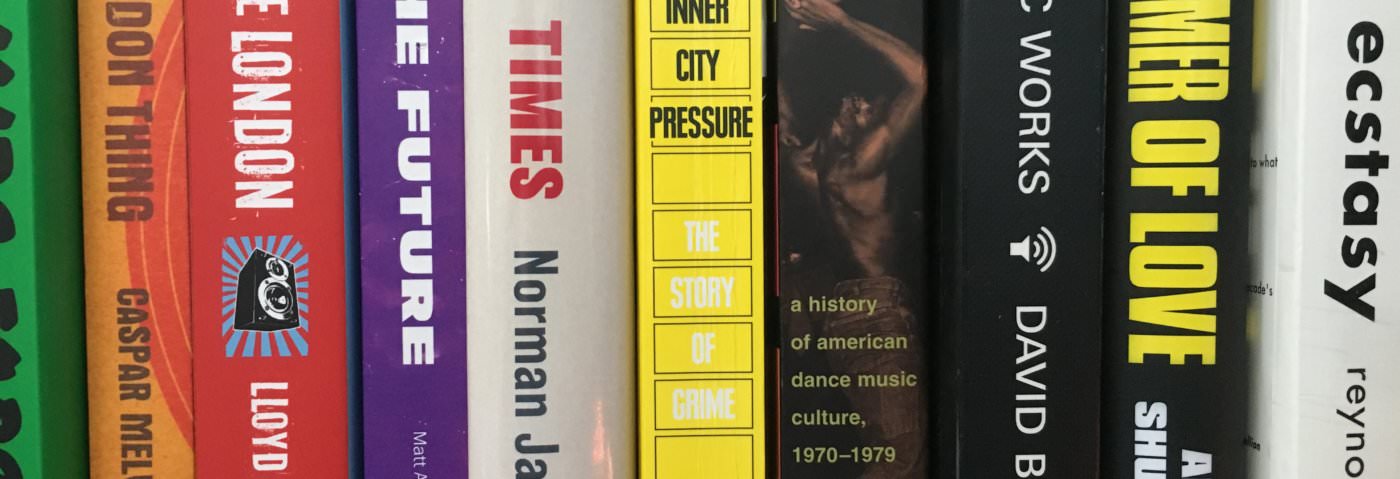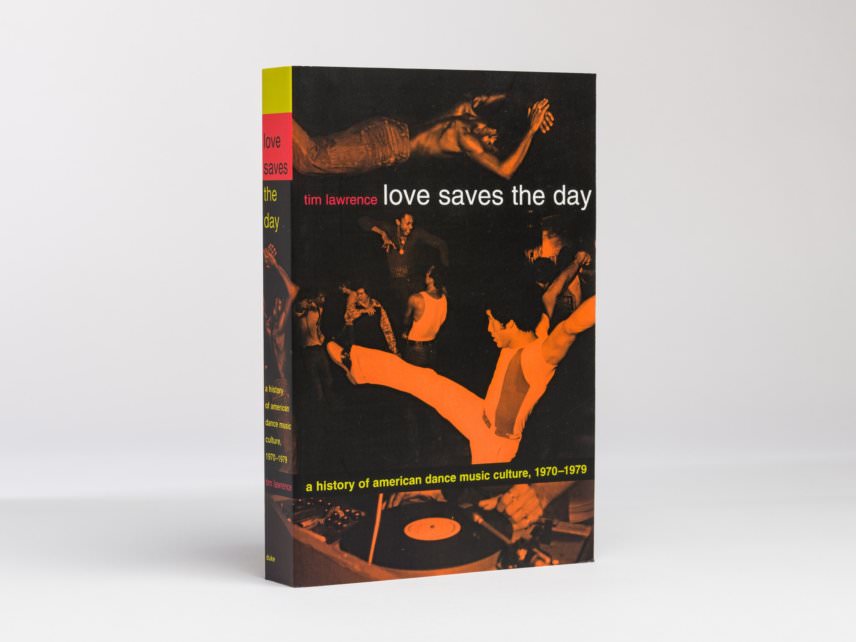If you’ve got a bit of time at the moment there are some superb DJing and dance/electronic music books around. We take a look at a few of our favourites.
Turn The Beat Around: The Secret History of Disco
Author:Peter Shapiro
The popular culture version of disco – Abba, glitter-balls and polyester – is a pastiche of the worst excesses of the tail-end of commercial disco. It’s disco as joke music, with accompanying ‘funny’ dancing and tasteless fashion.
Peter Shapiro’s ‘Turn The Beat Around‘ rejects the Saturday Night Fever version of disco and instead deftly dissects its true identity. Shapiro painstakingly examines the precious few years when disco was an underground movement and places the stories of the main players in the context of broader cultural developments. ‘Turn The Beat Around’ joins the dots between disco and the black power and gay liberation movements, making the connection between politics and the dance floor explicit.
Shapiro guides the reader through the emergence of DJ culture, delving into the nitty-gritty of the development of DJing techniques. He’s also gives weight to the impact of new studio technology and techniques such as multi-track recording or sampling.
‘Turn The Beat Around’ is littered with interesting musical arcana and there’s a handful of films that could be made from Sharpio’s stories of long-gone club nights and distant nocturnal adventures.
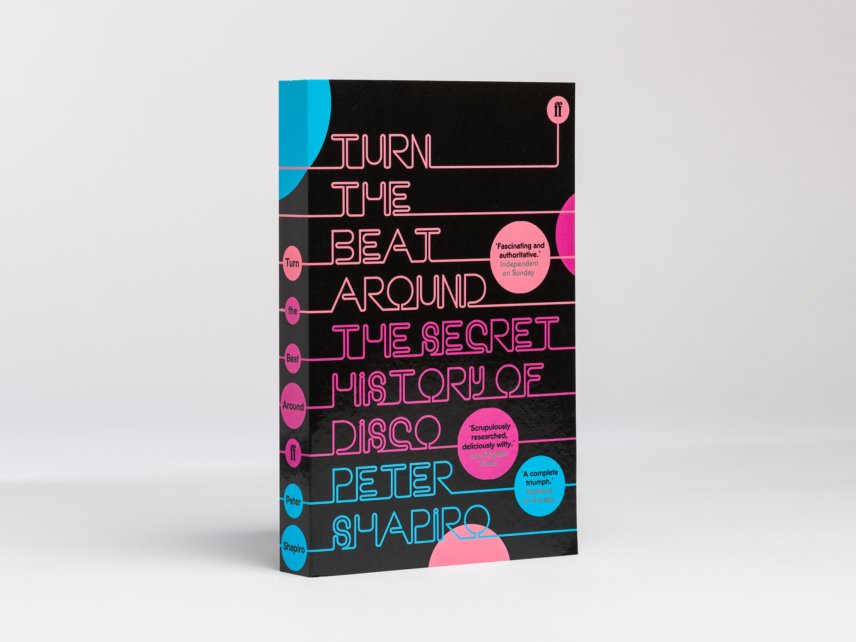
The Second Summer of Love: How Dance Music Took Over The World
Author:Alon Shulman
‘The Second Summer of Love‘ tells the story of the birth and development of acid house and the explosion of dance music at the end of the 80. With a forward from Paul Oakenfold and exclusive contributions from Carl Cox, Danny Rampling, Fatboy Slim, Graeme Park, Mr C, Nancy Noise and many more, author and dance music promotor Shulman provides an in-depth take on the UK club scene in 1988 and 89. ‘The Second Summer of Love’ is a history made up of extensive interviews and tells its story mainly through the voices of its subjects.
Although the book largely concerns itself with the late 80s, it was written a couple of decades after the events took place and so benefits from the perspective of seeing where dance music and DJ culture has ended up in the 21st century. As such it’s another useful addition to the history of UK club culture and paints a vivid, glorious picture of those two unforgettable, hedonistic summers.
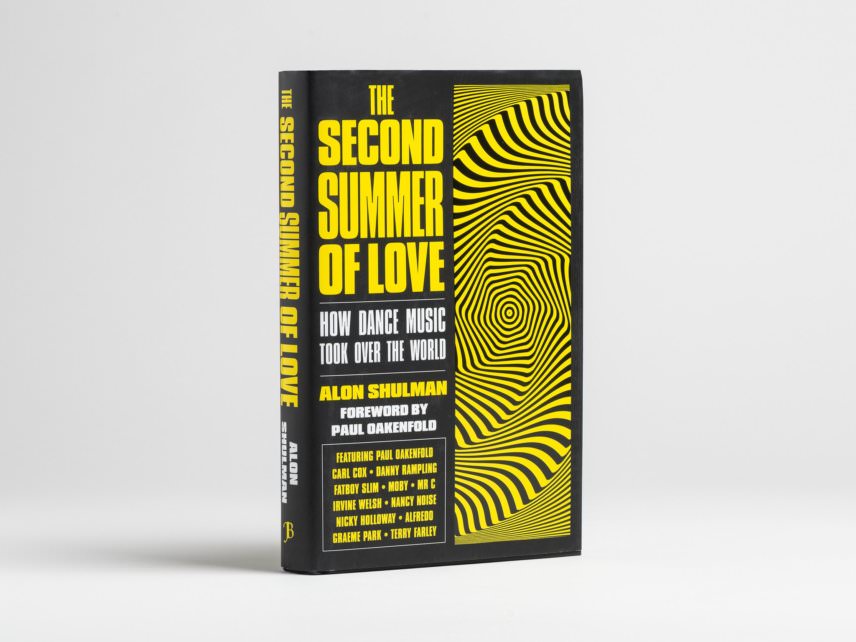
How Music Works
Author:David Byrne
‘How Music Works’ is an international bestselling book from the Talking Heads singer/songwriter David Byrne. It’s a rich, fascinating and inspiring read in which Byrne discusses the music industry, music technology, performance, the creative process and all sorts of interesting related matters. His central idea is that context is vital in the understanding of and in the production of music.
His writing effortlessly swoops from the micro to the macro and back again, drawing on his experience and observations as a working musician and songwriter, and referencing all sorts of artists, writers, thinkers and philosophers whilst keeping the whole thing eminently readable. As someone who has seen all levels of the music industry, from amateur musician to one of the world’s best known front men, he’s able to thoroughly examine his subject and he does so with enthusiasm. Erudite and full of interesting facts and observations, ‘How Music Works’ is a superb read.
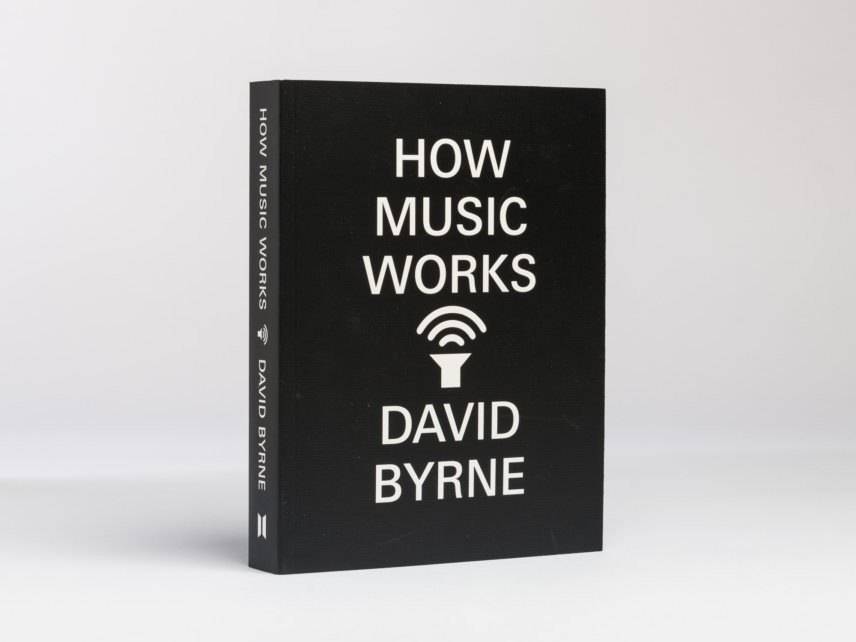
Join The Future – Bleep Techno and the Birth of British Bass Music
AUTHOR:MATT ANNISS
Published in 2019, music writer Matt Anniss’ ‘Join The Future’ is a detailed delve into the music, clubs, raves, artists and producers of UK ‘bleep techno’. This Yorkshire-based sub-genre had a brief flowering at the start of the 90s and Anniss convincingly argues that its particular innovations were key in future developments in many UK genres including jungle, drum and bass, UKG and grime.
Including substantial original interviews, the book lifts the lid on a scene that, in the context of the orthodox ‘history of house’ has previously been overlooked. The book makes a substantial contribution to the ongoing documenting of the history of UK dance music. Its triumph is how it specifically addresses records, producers and clubs that haven’t really been covered in such depth before. ’Join The Future’ is detailed, full of human stories and Anniss’ enthusiasm for the music comes through clearly. It will also likely make you want to check out lots of bleep techno too.
Love Saves The Day: A History of American Dance Music Culture 1970 – 1979
Author:Tim Lawrence
Tim Lawrence leads the Music Culture: Theory and Production degree program at the University of East London and has applied his intellectual rigour to tell the definitive story of 1970s US dance music culture. Thorough though it is however, ‘Love Saves The Day‘ isn’t a dry academic exercise. It’s packed with gossipy tales of bright days, dark nights and the life-affirming hedonism of 1970s gay culture.
‘Love Saves The Day’ recounts in glorious detail the creation of DJ culture, beginning with a beautiful description of David Mancuso s ‘Love Saves The Day’ Valentine’s day party at 647 Broadway, better known simply as ‘The Loft’. Over the course of its 400 plus pages, we also visit The Warehouse, The Paradise Garage, Fire Island, Studio 54, The Sanctuary and many other places of dance music legend. The book details the musical and cultural elements that created the birth, rise, world-domination and fall of disco, told through the stories of the DJs, party promoters, label bosses, artists and dancers.
Packed with over 300 interviews from the most influential players, ‘Love Saves The Day’ is a music-lovers dream, a DJ handbook and a social history all in one. Recommended for anyone interested in disco music or the roots of DJing.
‘Inner City Pressure: The Story of Grime’
Author:Dan Hancox
A thrilling, comprehensive story of grime music and culture, Dan Hancox’s ‘Inner City Pressure’ provides a decade-long guide to the roots, development and ultimate success of grime. Set amidst the tower blocks, estates and pirate radio antennas of East and South London, ‘Inner City Pressure’ documents how a generation of teenage producers, rappers and artists forged a brand new globally-successful genre. Hancox lovingly details how grime was created almost entirely outside of the traditional music industry from seemingly little more than some cracked software, cheap mics and a semi-religious commitment to bass and lyrics.
Again, this is a music book that also tells a larger tale. ‘Inner City Pressure’ places its story in the context of London in the 2000s. Grime came to life in a captial city defined by New Labour, increasing surveillance, ASBOs and urban gentrification. The book is packed with funny stories and tragic tales, accounts of clashes, war dubs, big hits and near misses, squandered chances and grabbed opportunities, as members of the grime generation achieved their varying levels of success or indeed obscurity.
Many of the scenes’ most important and influential lyricists, producers, DJs and promoters are interviewed, making for a comprehensive genre history.

Mister Good Times
Author:Norman Jay MBE with Lloyd Bradley
‘Mister Good Times‘ is the story of DJ Norman Jay, written with Jay and UK writer Lloyd Bradley who also wrote ‘Bass Culture: When Reggae Was King’ and ‘Sounds Like London: 100 Years of Black Music in the Capital’. ‘Mr Good Times’ is full of tales of travelling all over the country to clubs, the casual racism experienced by the Windrush generation, Northern soul, Notting Hill Carnival, warehouse parties and illegal raves, rare groove and pirate radio. It’s simultaneously a personal memoir and a sparkling history of UK clubbing. Told in a straightforward voice that paints an authentic picture of growing up in a UK where racism was just a part of everyday life, Norman Jay’s book is like a missing part of the jigsaw of UK club culture. ‘Mr Good Times’ broadens the traditional story of UK dance music with vital details about sound systems, the birth of the warehouse party scene and the early days of club DJing. The pre-acid house 80s were a part of UK dance music history that hasn’t been documented as much as the period afterwards, and ‘Mr Good Times’ fills in a few of the gaps whilst confirming Jay’s huge contribution to UK club culture.
